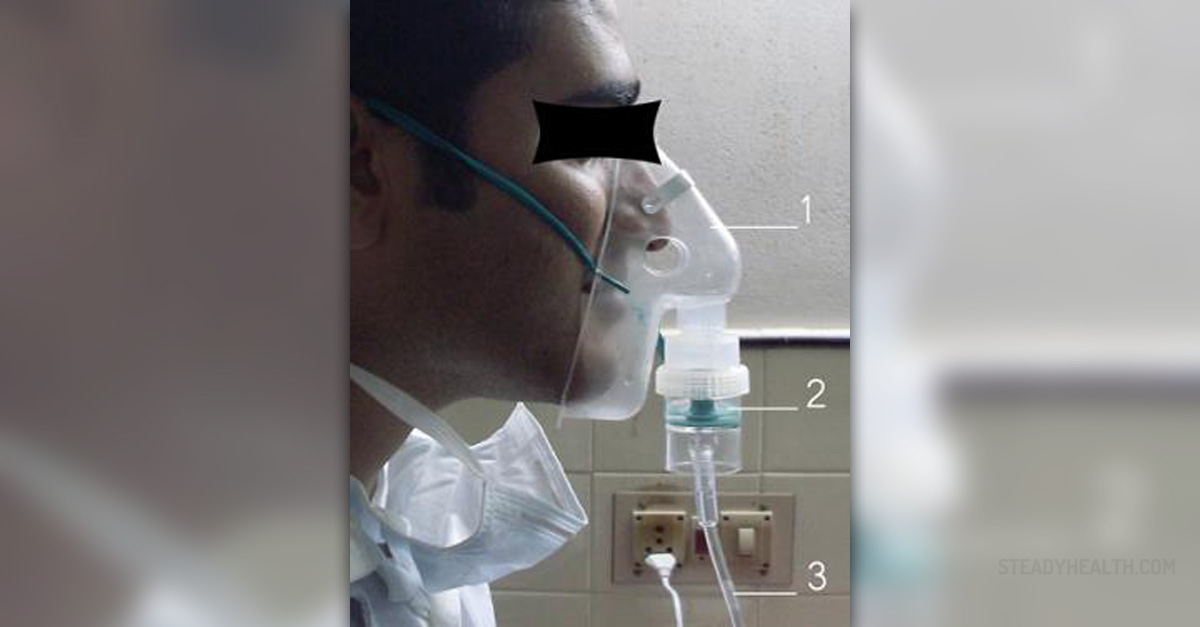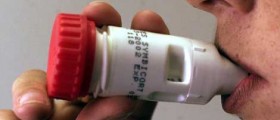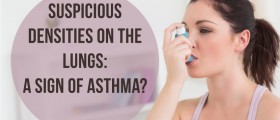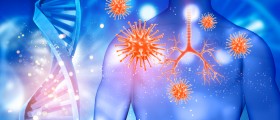
Asthma is a medical condition that affects the respiratory tract, or to be more precise, the lungs. In people suffering from asthma the airways narrow and swell. Furthermore, there is excessive production of mucus and due to all the mentioned changes the breathing becomes quite difficult. The condition typically leads to serious breathing difficulty, coughing, wheezing and shortness of breath. The intensity of symptoms vary among patients and while for in some of them symptoms represent a minor nuisance others are severely affected and may even need to be hospitalized. Hospitalization is essential for all cases of life-threatening asthma attacks. Even though the condition is incurable there are many drugs and medications that can bring asthma under control and prevent the attacks and flare-ups.
What Are Causes of Asthma?
Many scientists believe that asthma develops as a consequence of a combination of genetic (inherited) factors and environmental factors. Triggers of asthma may differ. There is a variety of allergens able to cause the specific reaction.
For example, symptoms may develop after the exposure to airborne allergens such as pollen, animal dander, mold and dust mites. The attack can also be triggered by different respiratory infections (common cold, flu etc.). In some people asthma can be triggered by physical activity, strong emotions, stress, as well as exposure to cigarette smoke, other irritants and pollutants or cold air. Even the intake of certain medications may be associated with the onset of an asthma attack. These medications include certain beta blockers, Aspirin and anti-inflammatory drugs. Additional causes include allergy to a certain food or preservatives added to food and beverages while in women the attack can be connected to the menstrual cycle.
What Are Symptoms of Asthma?
The intensity of asthma symptoms range from minor to severe and differ from person to person. Asthma attacks can also be infrequent while some patients have to deal with recurrent flare-ups. Between two attacks a person does not have any breathing difficulty.
The most typical symptoms of asthma include shortness of breath, chest tightness or chest pain, troubles sleeping due to shortness of breath, coughing and wheezing. Coughing and wheezing are more intensive if one is also suffering from a respiratory infection.
More severe symptoms and signs of the disease include an increasing difficulty breathing and increasingly frequent need to use a quick-relief inhaler. Cyanosis, blue discoloration of the skin, points to the lack of oxygen. Decreased level of alertness (drowsiness, confusion etc.), sweating, severe anxiety and rapid pulse may also be present. In such cases patients require hospitalization.






,-Asthma-And-Anxiety_f_280x120.jpg)










Your thoughts on this
Loading...